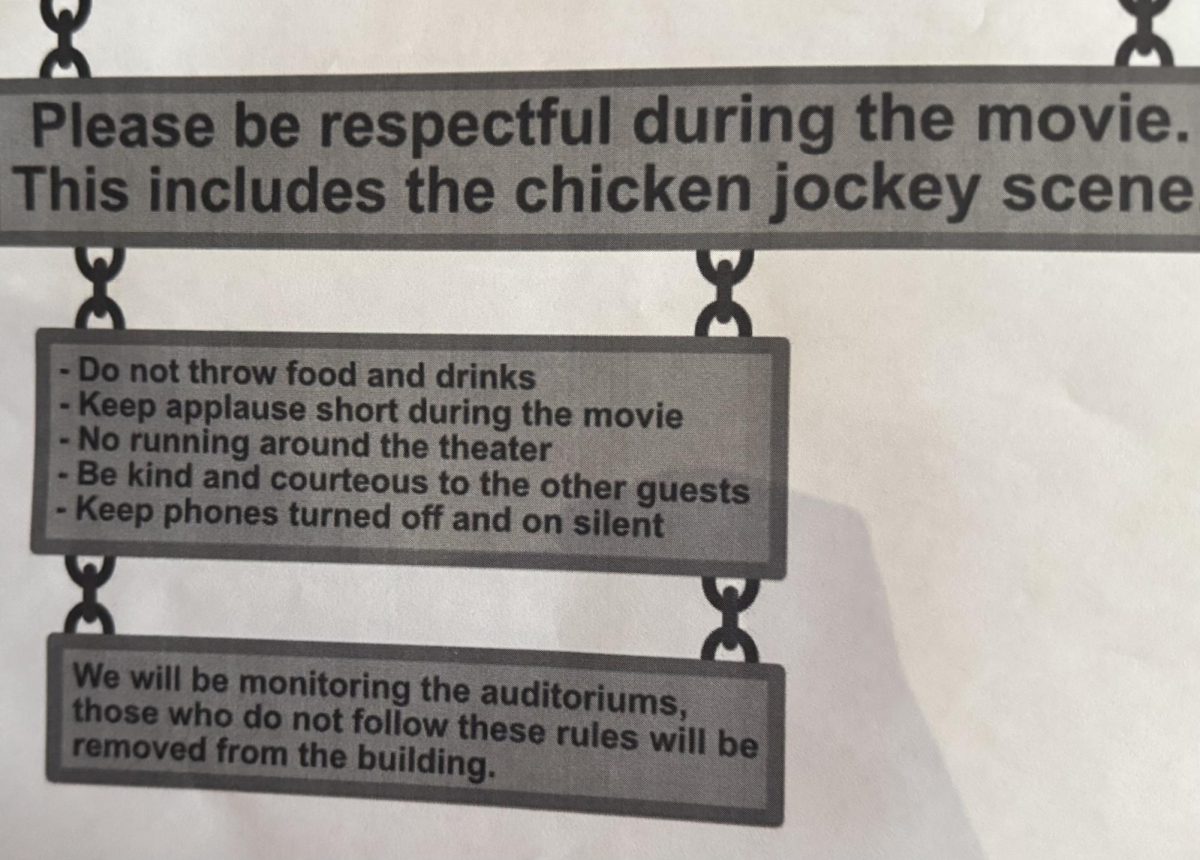Monday, November 11th marked the beginning of climate negotiations at COP19, a meeting of the UN Framework Convention for Climate Change. On the first day, lead negotiator for the Philippines, Naderev (Yeb) Saño made a sobering, passionate speech to his fellow representatives – 190 other world leaders. In the wake of superstorm Haiyan, he called on the world’s governments to “take drastic action now to ensure that we prevent a future where super typhoons are a way of life.” Following this speech, UN climate chief Christiana Figueres also made reference to the “devastating impact” of the typhoon, and urged delegates to “go that extra mile” in their negotiations.
The Philippines has been hit by over 24 storms in the past year, but superstorm Haiyan was significantly more powerful, with winds well over 300 km/hr. In the wake of the storm, over 4 million people have been displaced and there are more than 10,000 people either missing or dead.
What’s even worse is that scientists have shown that as global climate change progresses, the intensity of major storm cells, like Haiyan or the tornadoes that wrecked the Midwest this week, is increasing. A 2013 study by MIT professor Kerry Emmanuel showed that the most intense climatic cyclones (category 3 to 5) will increase with climate change, and that such increases in storm strength are most prominent in the North Pacific, where Haiyan struck. The most recent report by the International Panel on Climate Change (IPCC) confirmed the study. The US alone has experienced 25 extreme weather events since 2011 that each caused more than $1 billion in damages. This means that as we, the developed nations, continue to perpetuate global warming, events like Haiyan will become more devastating and potentially more frequent.
In an effort to communicate the urgency of the climate crisis for vulnerable communities, representative Saño announced that, “in solidarity with my [Filipino] countrymen who are struggling to find food back home and my brother who has not had food for the last three days… I will now commence a voluntary fasting for the climate… during this COP until a meaningful outcome is in sight.”
As of Monday, November 19th, climate activists from around the world have come together and committed to fasting in solidarity with Saño, the people of the Philippines, and the millions of lives at risk from climate change-exacerbated storms, as well as droughts, famine, and disease. We fast to heed the words of Saño and push for action to “stop the madness.” For too long the climate delegates have listened to corporate interests, rather than responding to the eminent needs of humanity. We cannot continue to accept the dominant paradigm of growth and dependence on fossil fuels. We know that it is scientifically unfeasible to continue on our current trajectory. Now is the time for climate delegates to do their job and act in the best interest of humanity both now and in the future.
Despite the push from Saño, encouragement from climate chief Figueres and recent outcries from climate activists all over the world, the climate negotiations have been overwhelmingly disappointing. Rather than addressing the urgent need for real financial commitments and emission reductions plans, the discussion has shown an offensive trend in the opposite direction. Japan, which in the recent past demonstrated itself as a climate leader, is now backing away from its emission reductions targets; the Australian government is attempting to repeal its climate regulations; and Canada has actively sought to discourage other industrialised countries from following through on their own climate change commitments.
Macalester students Harrison Beck, Maria Langholz, and Amanda Wareham committed to five days of fasting this week. We fast in solidarity because we know that the current approach to tackling climate change is ineffective. Here in our comfortable homes, it is often too easy to forget what anthropogenic climate change is already doing to communities across the planet, from New Orleans to Tacloban. Our planet needs action now. We cannot continue to allow our dependence on fossil fuels to dictate the future of our planet. This dependence must be broken down. We must put human rights before corporate interests. We call on our leaders to be leaders, do the right thing, and step out in the forefront of the necessary movement on climate change.
Maria Langholtz and Harrison Beck are members of Fossil Free Mac







Tracey Cameron • Sep 11, 2019 at 8:52 pm
naturally like your web-site but you need to check the spelling on quite a few of your posts. Several of them are rife with spelling issues and I find it very bothersome to tell the truth nevertheless I will definitely come back again.
Nicola Welch • Sep 10, 2019 at 2:38 pm
Would you be interested by exchanging hyperlinks?
Owen Paige • Sep 6, 2019 at 6:51 am
I am not real superb with English but I find this very easygoing to interpret.
NoodlesCompanycoupon • Jul 30, 2019 at 12:01 pm
Yes, nice post but In as well as. You stated promote in order to individuals you have stated within your write-up.